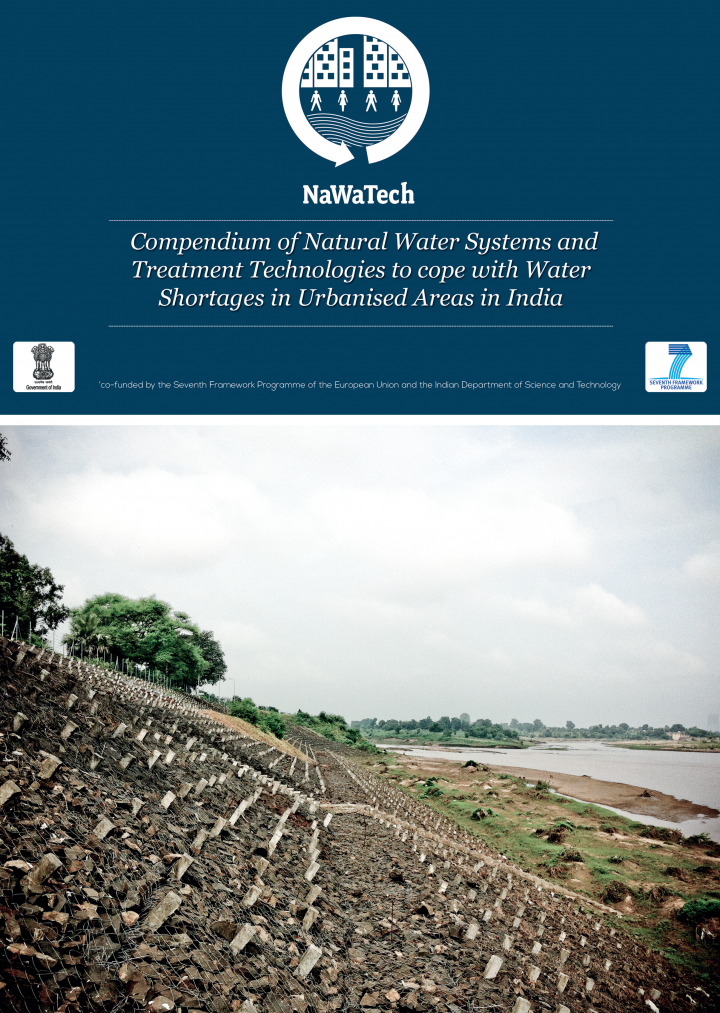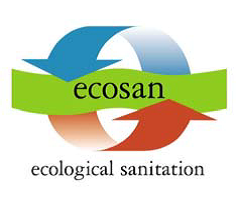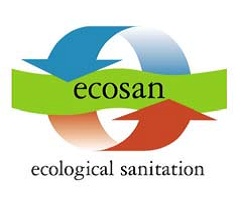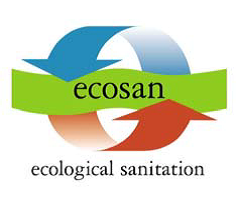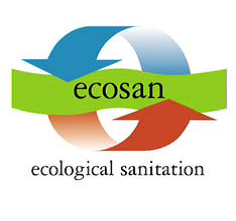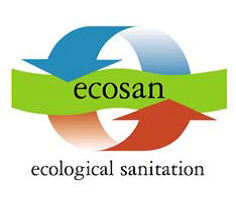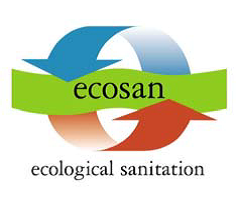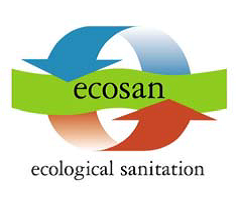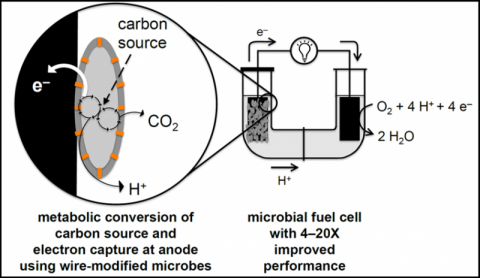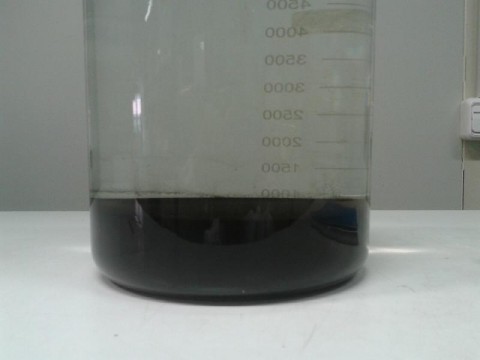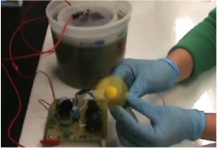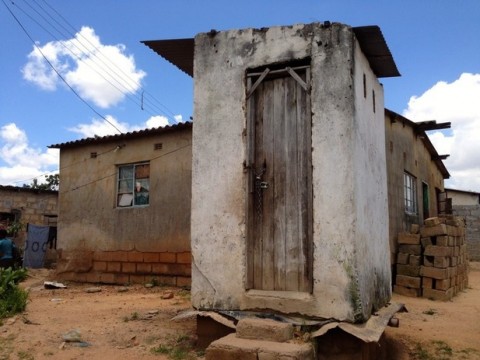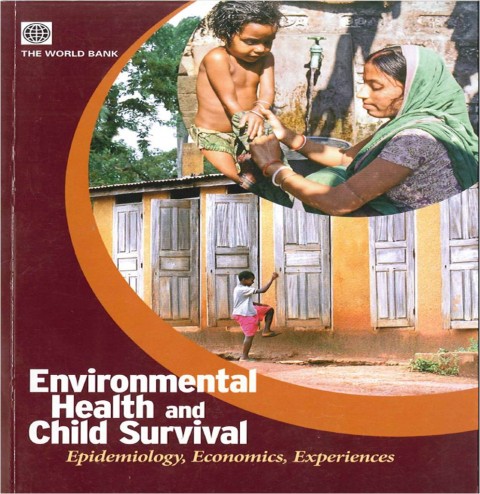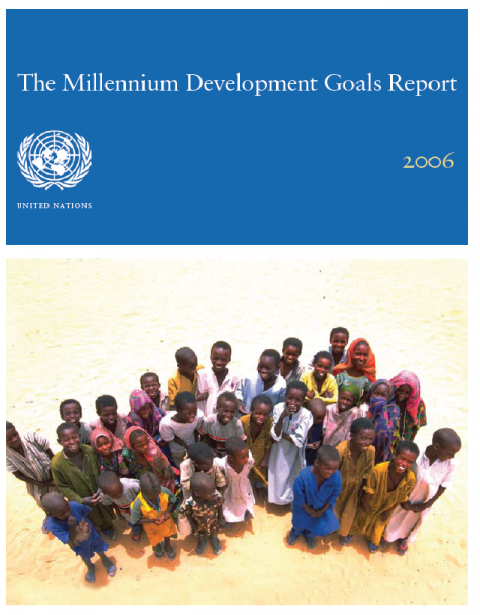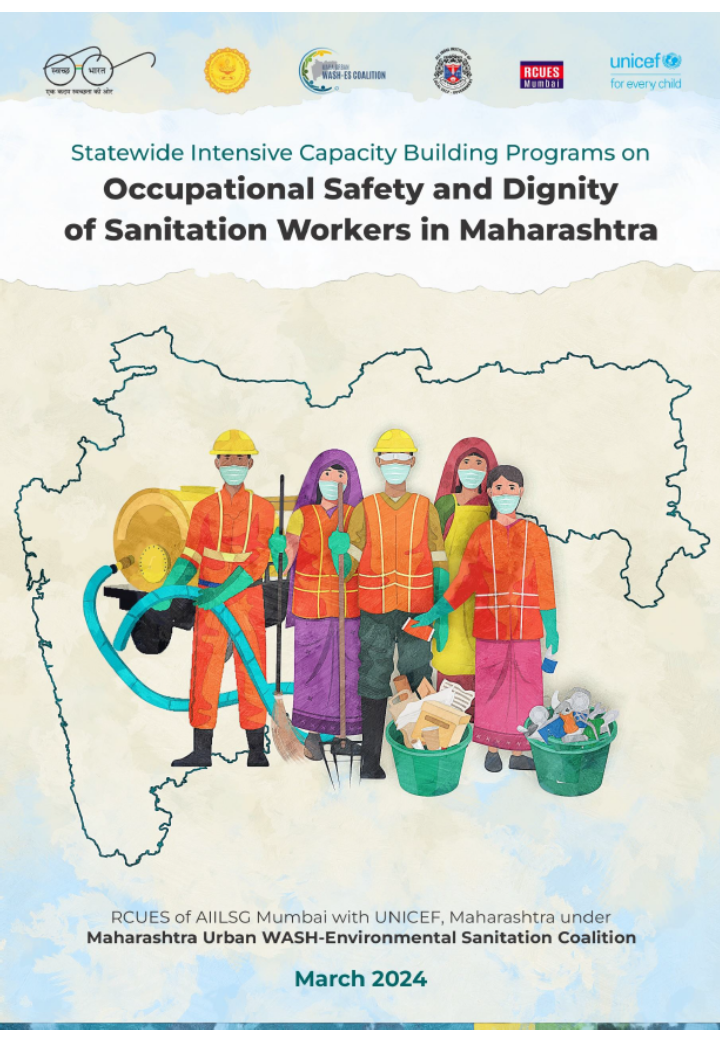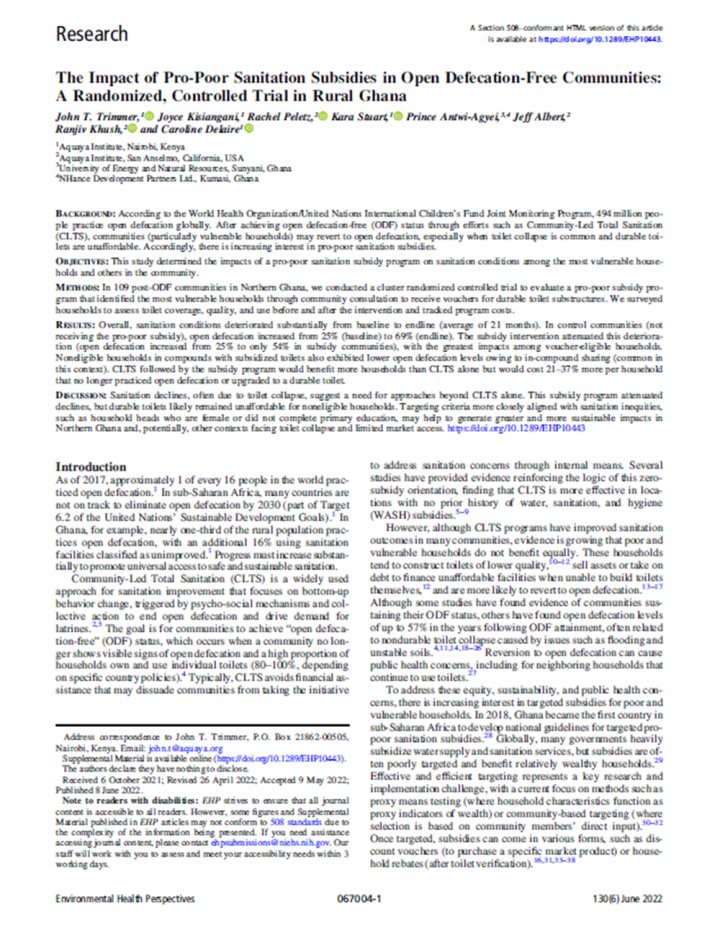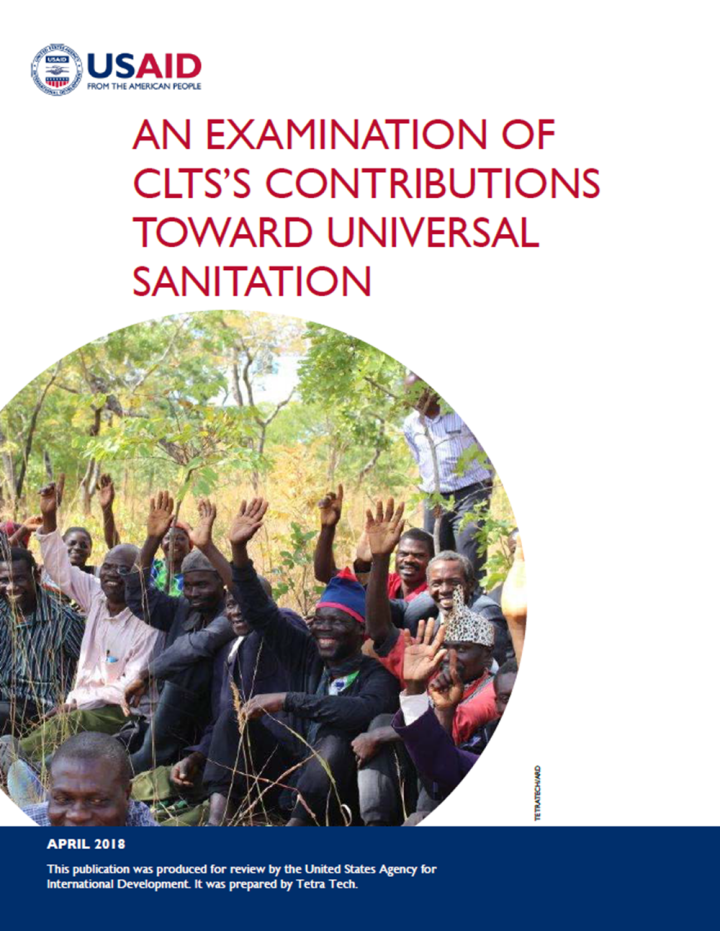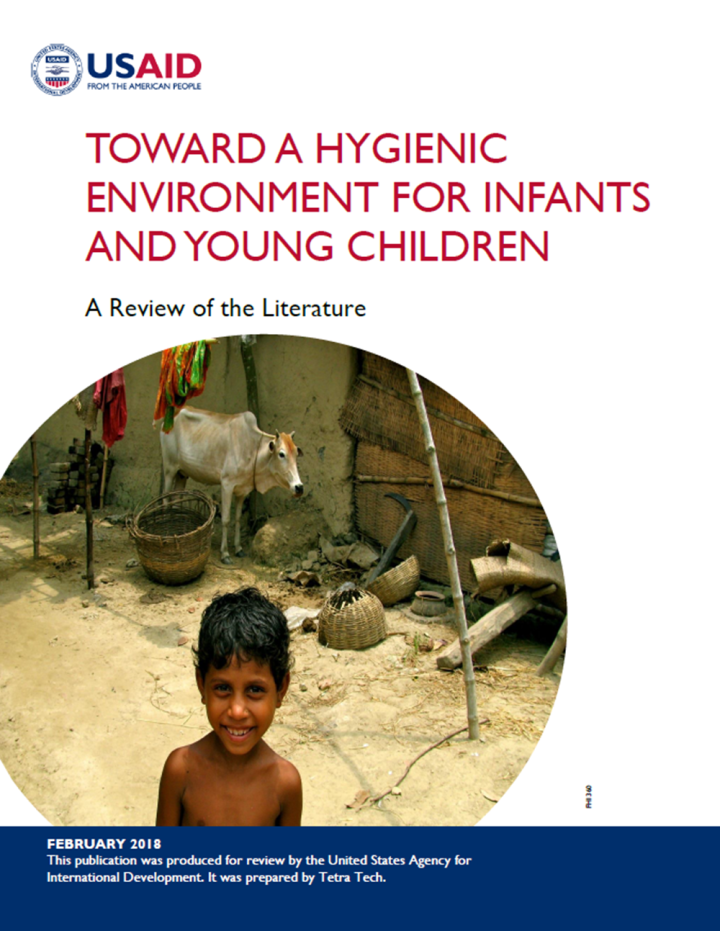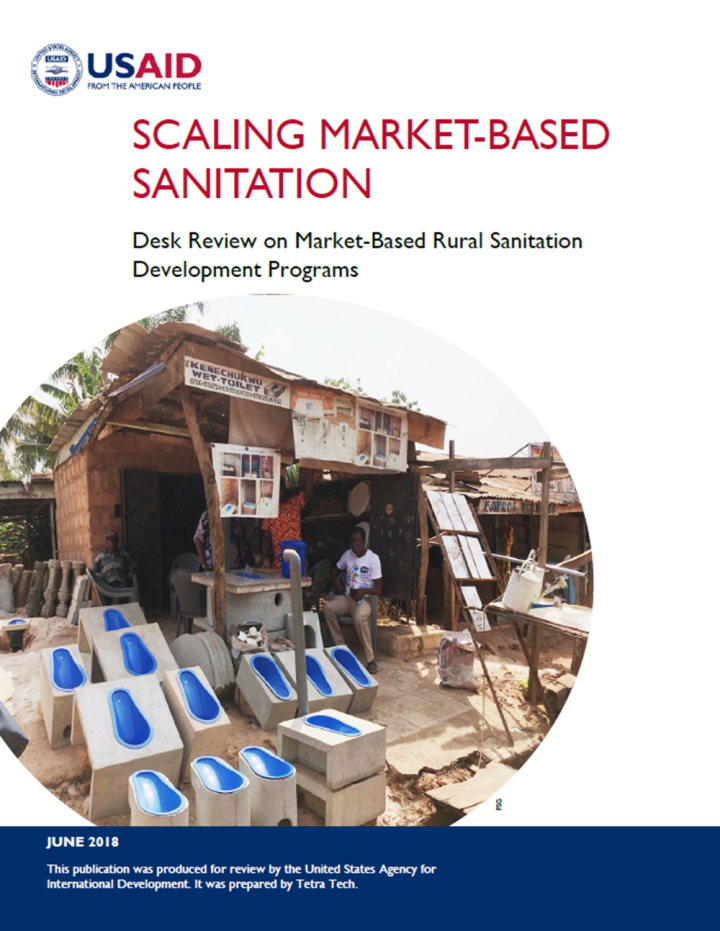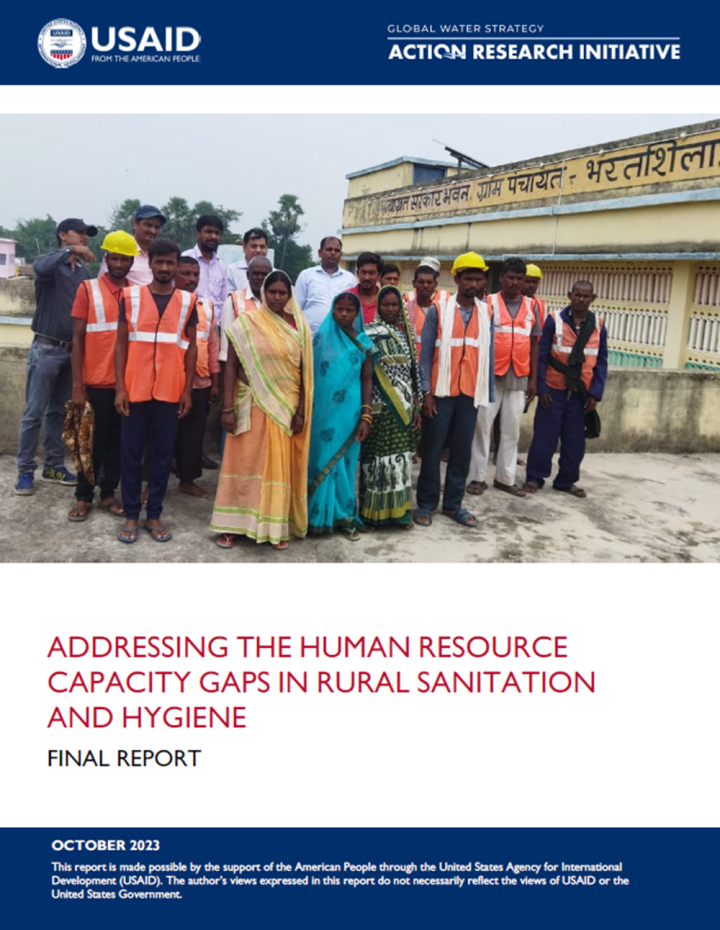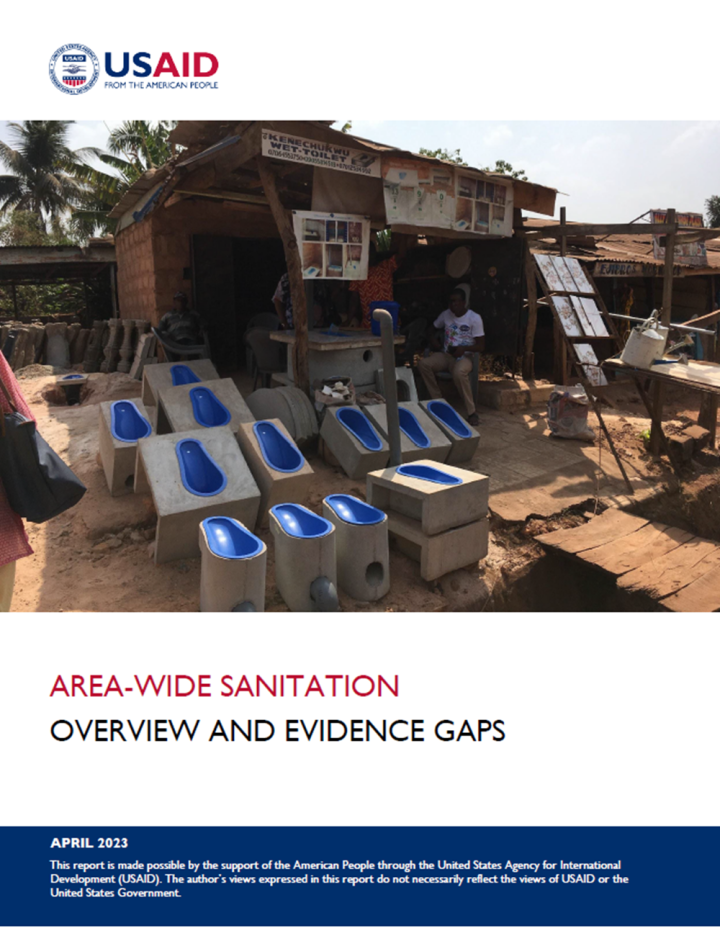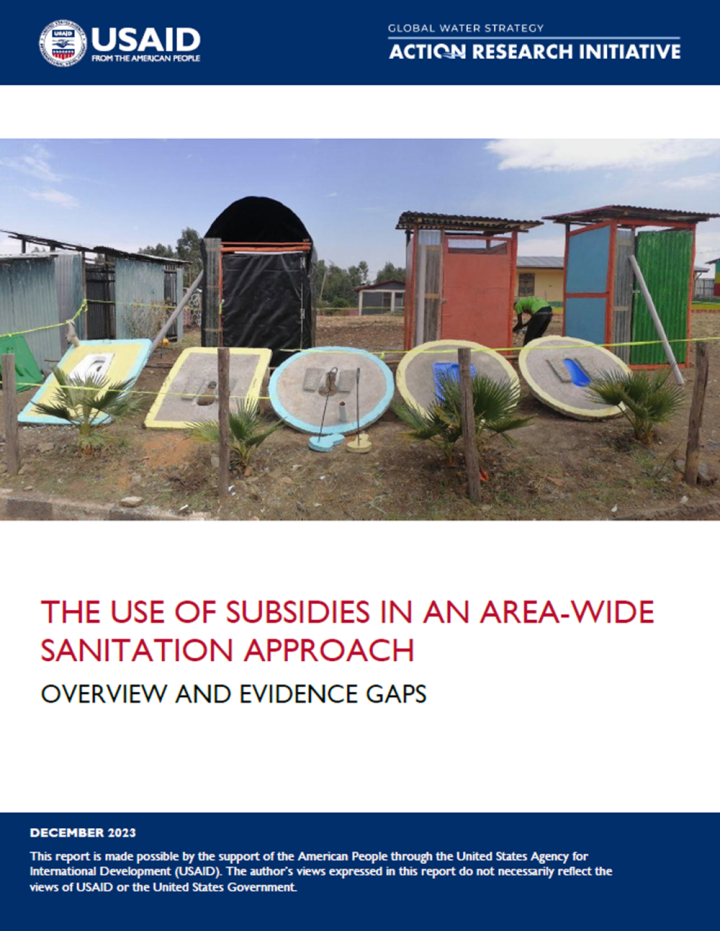Searching for information on Sanitation Workers?
The Sanitation Workers Knowledge + Learning Hub is the best source for all current news, trends, articles and updates on sanitation workers rights around the world.
Providing adequate water supply and sanitation, particularly in urban areas, is a challenging task for governments throughout the world. This task is made even more difficult due to predicted dramatic global changes. Population growth, urbanisation, increasing industrialisation, climate change and a steep increase in water consumption are putting pressure on urban water resources. In order to …
This collaborative effort between the Government of Maharashtra, RCUES of AIILSG Mumbai, and UNICEF India aimed to empower sanitation workers through a comprehensive capacity building program focused on occupational safety and dignity. The initiative successfully trained over 250 Master Trainers who then disseminated their knowledge to more than 2,000 sanitation workers across the state, …
According to the World Health Organization/United Nations International Children’s Fund Joint Monitoring Program, 494 million people practice open defecation globally. After achieving open defecation-free (ODF) status through efforts such as Community-Led Total Sanitation (CLTS), communities (particularly vulnerable households) may revert to open defecation, especially when toilet collapse is …
This desk review examines the refereed and gray literature on Community Led Total Sanitation (CLTS), with the central objective of assessing the knowledge base on best practices and identifying evidence gaps to inform the project’s research agenda (to generate findings that improve policy and practice).
The review offers a description of the CLTS intervention, tracing its evolution in theory …
The USAID Water, Sanitation, and Hygiene Partnerships and Learning for Sustainability (WASHPaLS) project conducted a review of the scientific and grey literature, complemented by dozens of key informant interviews with researchers and field implementers, to synthesize the latest understanding of key pathways of fecal microbe ingestion by infants and young children (IYC) and their links to …
This desk review from the USAID/WASHPaLS project investigates the current state of knowledge in market-based sanitation (MBS) and establishes a framework to analyze, design, and improve MBS interventions. This report is based on a survey of approximately 600 documents on MBS, in-depth research into 13 MBS intervention case studies across the global south, and interviews with sector experts and …
Understanding and addressing the human resource needs and gaps in the sanitation and hygiene sector is a critical part of achieving universal access to adequate and equitable sanitation and hygiene. Previous studies have attempted to map the human resource capacity and needs of the sanitation and hygiene sectors; however, these studies have focused on educated and skilled professionals, …
The last few decades have witnessed substantial gains in access to sanitation, as nearly 2.4 billion people gained access to improved toilets and open defecation (OD) rates fell 12 percentage-points globally (from 21% to 9%) between 2000 and 2020. Despite this progress, many countries are off track to meet their sustainable development goal (SDG) 6.2 targets. To reach these targets by 2030, a …
Hardware subsidies used to be commonplace policy tools for expanding sanitation access in rural areas. Overtime, however, hardware subsidies were found to produce distortionary effects on sanitation markets and failed to achieve sustained latrine usage and hygienic behaviors, and therefore declined in popularity in the mid-2000s.
However, “no subsidy” approaches are not sufficient either, …

